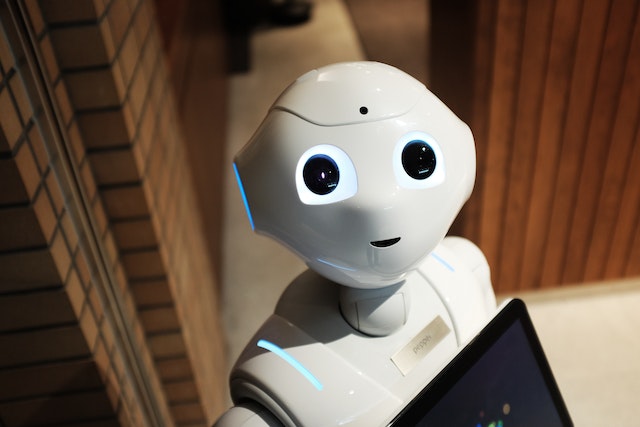Introduction:
Artificial Intelligence (AI) has captured the imagination of the world, showcasing tremendous potential to transform various aspects of our lives. From healthcare and transportation to finance and entertainment, AI has already begun reshaping industries and offering innovative solutions. However, as we delve deeper into the realm of AI, it becomes imperative to critically examine its implications for future generations. Is AI truly a blessing, paving the way for unprecedented progress, or does it pose a potential curse, laden with risks and unforeseen consequences? In this article, we explore the multifaceted nature of AI and its impact on future generations.
The Promise of AI:
AI holds the promise of driving remarkable advancements and addressing complex global challenges. In healthcare, AI-powered systems can enhance diagnostic accuracy, assist in drug discovery, and enable personalized treatments. This has the potential to revolutionize patient care and improve overall health outcomes. AI can also streamline transportation systems, leading to safer and more efficient modes of travel. Self-driving cars and smart traffic management systems can reduce accidents, congestion, and environmental impact. Furthermore, AI’s potential in education, climate change mitigation, and sustainable development presents future generations with unprecedented opportunities for growth and progress.
Advancements in AI technology can also lead to increased automation, freeing individuals from mundane tasks and enabling them to focus on more creative and meaningful endeavors. This has the potential to redefine the nature of work, fostering innovation and enabling individuals to pursue their passions. Additionally, AI’s ability to process vast amounts of data can unlock new frontiers in scientific research, driving breakthroughs in fields like space exploration, renewable energy, and artificial biology.
The Peril of AI:
While the promises of AI are tantalizing, there are also legitimate concerns about its potential pitfalls and unintended consequences. One major concern is the impact of AI on employment. As AI systems become more advanced, there is a risk of job displacement and economic inequality. Jobs that are repetitive or easily automated may be at risk, potentially leading to societal disruptions. Ensuring a smooth transition and providing education and reskilling opportunities will be crucial to mitigate the negative effects of automation.
Another significant concern revolves around the ethical implications of AI. The decision-making processes of AI algorithms are often opaque and difficult to interpret, raising questions about accountability and transparency. Unchecked AI systems could perpetuate biases, discrimination, and infringements on privacy rights. Striking the right balance between innovation and responsible AI development is imperative to safeguard the rights and well-being of future generations.
Finding a Balance:
To harness the benefits of AI while mitigating its potential risks, it is crucial to adopt a multidisciplinary approach. Collaboration between scientists, policymakers, ethicists, and the public is necessary to establish robust regulations and ethical guidelines. Transparency and accountability should be prioritized, ensuring that AI algorithms are explainable and subject to scrutiny. Additionally, diversity and inclusivity in AI development are essential to mitigate biases and promote fairness.
Educational institutions and governments must prioritize the integration of AI education into curricula, equipping future generations with the skills necessary to understand and navigate the complexities of AI. Ethical considerations and responsible AI practices should be ingrained in AI research and development from the outset.
Conclusion:
The debate over whether AI is a blessing or a curse for future generations is multifaceted and nuanced. AI has the potential to bring about unprecedented progress, solving complex challenges and improving lives. However, its impact must be carefully managed to avoid negative consequences such as job displacement, biases, and privacy infringements. By striking a balance between innovation and ethical considerations, we can ensure that AI becomes a powerful tool for human advancement, benefiting future generations and shaping a more inclusive and sustainable world.











